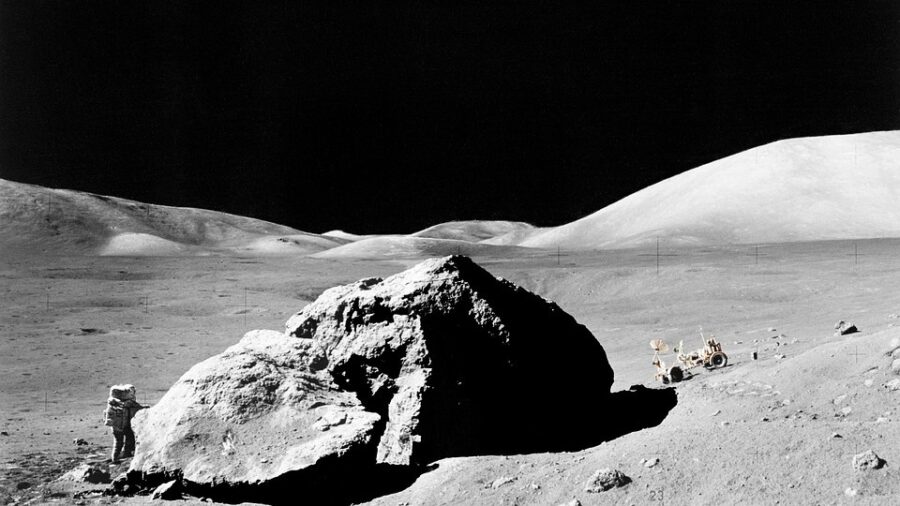Moon Getting Its Own Time Zone As Colonization Inches Closer
The European Space Agency says the Moon will soon get its own time zone to establish an agreed-upon standard lunar time.

Do you know what time it is on the moon right now? At the moment, no one does, but that is about to change. According to the European Space Agency, the moon is getting its own official time zone to make it easier for astronauts and scientists from around the world to work together during upcoming missions to that giant satellite in the sky. “As dozens of missions will be operating on and around the Moon and needing to communicate together and fix their positions independently from Earth,” reads the post by the ESA, “this new era will require its own time.”
Setting up a specific moon time zone is not the only thing that the ESA and other space exploration organizations have to work out. They are also working on a whole “LunaNet” architecture that covers communicating and navigation services on the moon. It is a set of protocols, standards, and requirements that are being worked out and agreed upon so that there won’t be any confusion or line-crossing when it comes to working on exploring the moon.
While it is not the only thing being considered, the moon’s time zone is the first thing on the agenda at meetings discussing LunaNet. Before this point, all missions on the moon operated in a timezone exported from Earth. Deep space antennas were utilized to keep the time-keeping devices onboard spacecraft synched up with the time back home, but this will not be possible in the future.

Soon, the ESA’s Gateway station (which will be similar to the International Space Station) will allow astronauts to stay for extended periods on and around the moon, and the crew there would need its own time zone. Each crew would be interacting with other crews on other lunar missions, and it would be ideal if they were sharing a time zone.
Satellites and other systems would also benefit from the moon having its own time zone, to make things easier to “get missions linked up and to facilitate position fixes.”
But that’s not all. Accurate navigation requires precise timekeeping, which is another good argument for the moon having its own time zone.
There are many questions to consider when creating the moon’s time zone, however. Should one group be responsible for setting and maintaining that time? Should the moon’s time zone be based on one of Earth’s pre-existing time zones, or should it be local and based only on the moon itself?
There is also the issue that clocks and other timepieces run faster on the moon. Every day, clocks on the moon gain something like 56 microseconds, a number that can change depending on where the clock is on the moon’s surface.
So, it sounds like researchers have their work cut out for them when it comes to creating a moon time zone. At the moment, they know it is an essential part of potential lunar colonization in the future (or just learning more about it), but it is a process that is easier said than done. A lot of calculations have to be done and a lot of things have to be agreed upon, but the considerations are now well underway.












